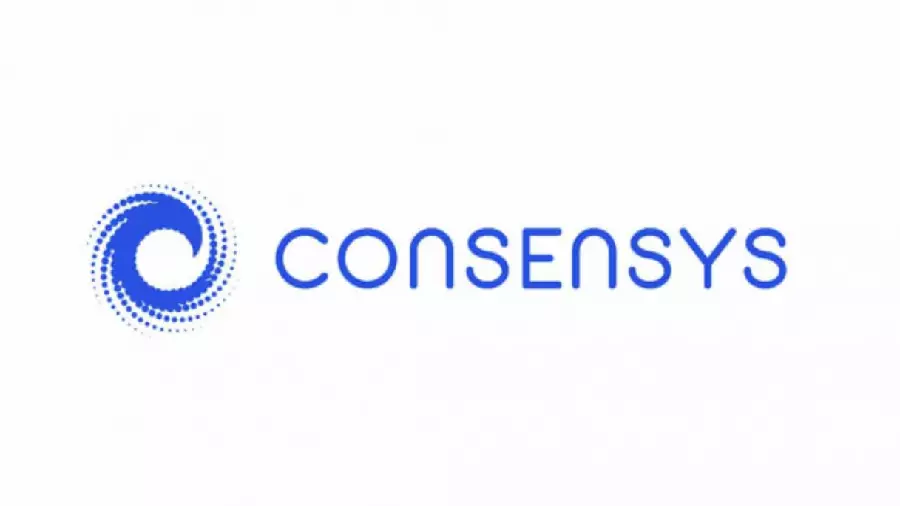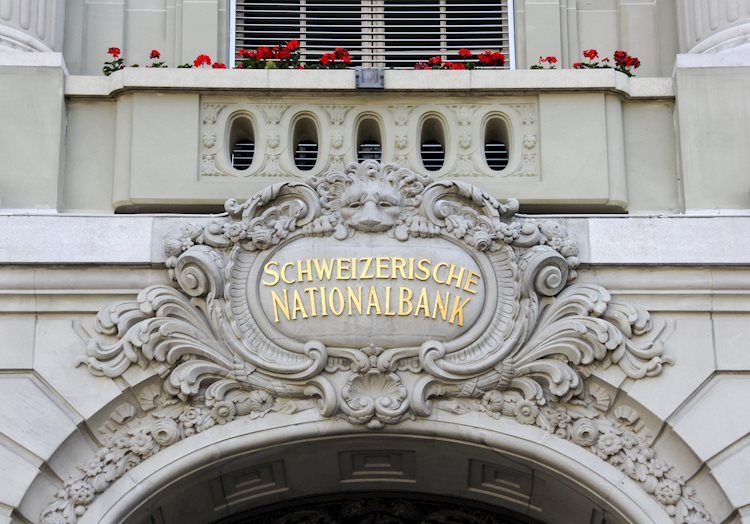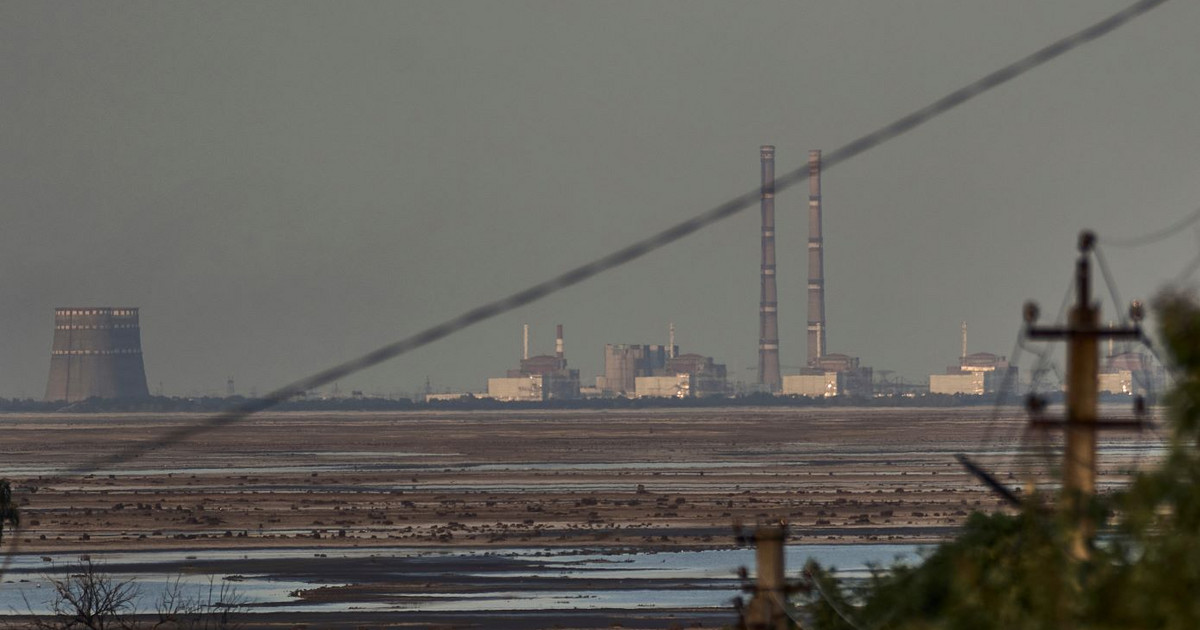OPEC oil production surged in August to its highest level since the early days of the pandemic in 2020, as Libyan facilities recovered from unrest and Gulf members ramped up pumping to undo an extraction cut deal with allies, a Reuters poll showed on Wednesday.
The Organization of the Petroleum Exporting Countries (OPEC) pumped 29.58 million barrels per day (bpd) this month, according to the survey, an increase of 690,000 bpd from July and the highest level since April 2020, according to surveys by the Reuters.
OPEC and its allies, a group known as OPEC+, are undoing production cuts made in 2020 when the pandemic took hold, though many are struggling to deliver all volumes.
Output is below the increases promised by OPEC+ for months.
The latest increment to the OPEC+ deal to fully undo the 2020 cuts called for a 648,000 bpd increase in August from all OPEC+ members, including about 413,000 bpd from the ten participating OPEC countries.
With many producers unable to increase production due to insufficient investment in oilfields, OPEC’s ten members achieved a 300,000 bpd increase from July and are still pumping far less than required, according to the survey.
The group’s production was 1.4 million bpd below the August target, against a deficit of 1.3 million bpd in July.
OPEC+ meets on Monday and sources said the potential production cuts discussed last week by Saudi Arabia may not be imminent and will likely coincide with the return of more Iranian supply if a nuclear deal is reached.
In Libya, one of the exempted members of OPEC’s production deals, production saw the biggest increase in August at 400,000 bpd, with a recovery in late July after unrest.
The second largest, at 100,000 bpd, came from Saudi Arabia, the world’s largest oil exporter.
However, all but one survey sources assessed the kingdom’s production as below its quota of 11 million bpd.
The Reuters survey aims to track supply to the market. It is based on data provided by external sources, streams data from Refinitiv Eikon, information from tanker trackers such as Petro-Logistics, and information provided by sources in oil companies, OPEC and consultants.
Source: CNN Brasil
I am Sophia william, author of World Stock Market. I have a degree in journalism from the University of Missouri and I have worked as a reporter for several news websites. I have a passion for writing and informing people about the latest news and events happening in the world. I strive to be accurate and unbiased in my reporting, and I hope to provide readers with valuable information that they can use to make informed decisions.






